"The 'slow' Fed Chairman Jerome Powell is an idiot who knows nothing. Other than that, I like him very much," President Trump wrote on the social network Truth Social on May 8. He also affirmed that oil and energy prices are falling sharply, almost all costs are going down.
"America has almost no inflation. Tax money is pouring in here too," the US President declared.
Earlier, after a two-day policy meeting, the US Federal Reserve (Fed) announced that it would keep its benchmark interest rate unchanged at 4.25-4.5%. This level has been maintained since the end of last year. The decision to keep the interest rate unchanged this time was unanimously approved by all FOMC members.
“The economy overall continued to expand at a solid pace,” the Fed said. It attributed the first-quarter GDP decline to businesses and households increasing imports to avoid new tariffs. The Fed also assessed that the labor market remained strong and inflation “remained elevated,” echoing phrases from previous statements.
"Uncertainties about the economic outlook continue to increase. The Committee is mindful of risks to both sides of its dual objectives of ensuring full employment and price stability. The risks of higher inflation and rising unemployment have both increased," the FOMC statement stressed.
Overall, Fed Chairman Jerome Powell assessed that "the economy is doing fine" and noted that while there are concerns about inflation and the shock from tariffs, "that shock has not yet materialized."
“We seem to be entering a new phase in trade where negotiations are beginning,” Powell said, adding that the development could change the economic picture “significantly — or not.”
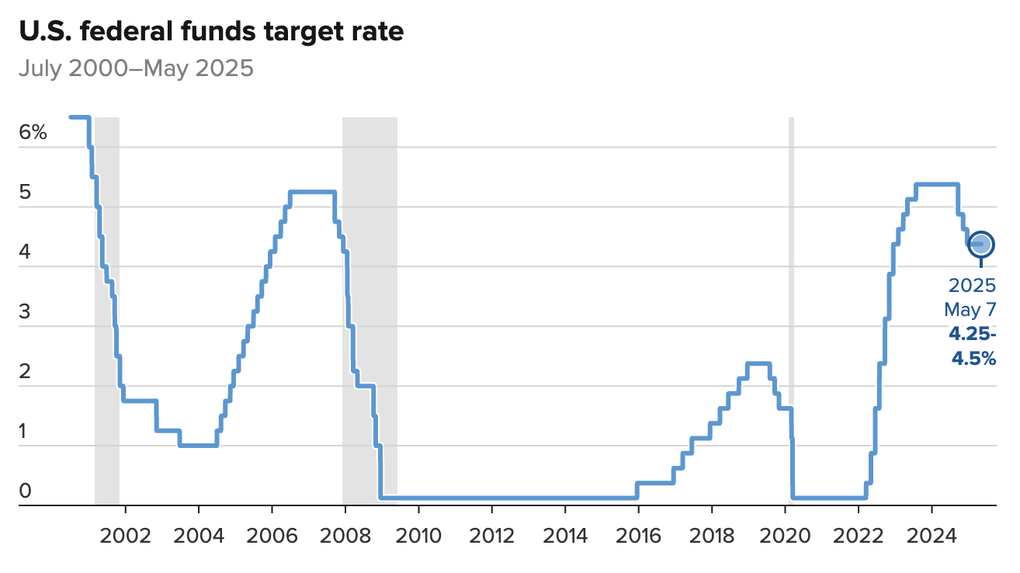
Fed interest rate developments (Photo: CNBC).
Referring to pressure from President Trump to cut interest rates, Mr. Powell affirmed: "That does not affect our ability to do our job. So we will do our job, which is to use the tools to promote maximum employment and price stability for the benefit of the American people."
The next course of policy will depend on which of the two risks — unemployment and inflation — materializes. If both rise, the Fed will have to choose one over the other. A weakening labor market would give it grounds to cut interest rates. Conversely, a rising inflation would require it to maintain monetary tightening.
Experts say the Fed's decision could prompt Mr Trump to continue to push the agency to cut interest rates. President Trump has repeatedly asked the Fed to cut interest rates, but Chairman Jerome Powell has only briefly refused, saying "it's not the right time."
The most recent was on May 2, after the US Department of Labor released a better-than-expected April jobs report. Analysts believe that Mr. Trump wants to lower interest rates to minimize the impact of import tariffs. However, Powell does not want to cut interest rates early, due to concerns about rising inflation.
He asserted that the US does not have inflation and cited the fact that gasoline prices are at their lowest in many years, food prices have decreased, mortgage interest rates have also decreased, the job market is good and the US has collected billions of dollars more from import taxes.
Mr. Trump's move shows that the US President still wants to influence the Fed's decision-making process.
Over the past few months, he has repeatedly urged the agency to lower interest rates. Most recently on April 21, Mr. Trump called Fed Chairman Jerome Powell a “loser” and warned that the US economy would slow down if interest rates were not reduced “immediately.”
Experts say the Fed has always acted within its traditional authority to be independent of the White House. Mr. Powell reiterated this and said the US President does not have the authority to fire him.
Inflation is the Fed's biggest concern. Fed strategists say the risk of inflation is present again when looking at developments in the domestic market as well as the supply chain from China.
So far, all forecasts for the Fed's interest rate cut path in 2025 and 2026 have been "off track". President Trump's series of policies put pressure on the US economic outlook. In particular, the reciprocal tax policy disrupts the global supply chain of goods, directly causing the price of goods in the US to increase.
Source: https://dantri.com.vn/kinh-doanh/fed-tiep-tuc-bat-tuan-ong-trump-lieu-co-noi-gian-20250508064221251.htm






![[Photo] Prime Minister Pham Minh Chinh chairs conference to promote public investment growth momentum](https://vphoto.vietnam.vn/thumb/1200x675/vietnam/resource/IMAGE/2025/5/20/7d1fac1aef9d4002a09ee8fa7e0fc5c5)

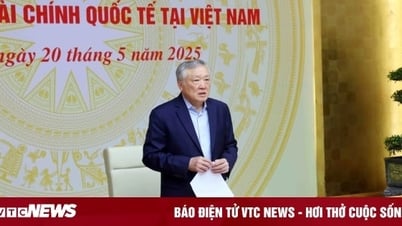



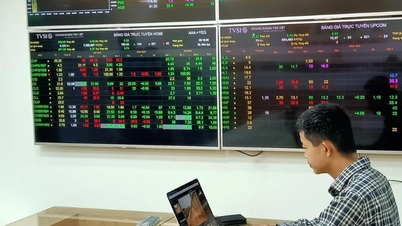












































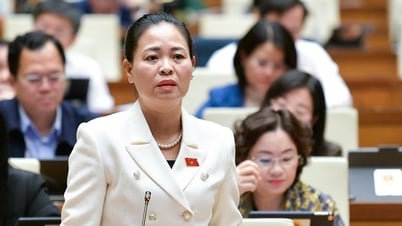


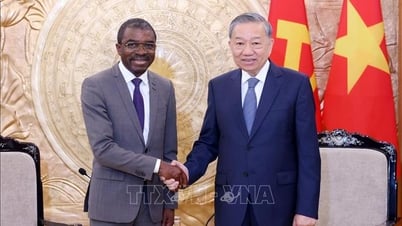


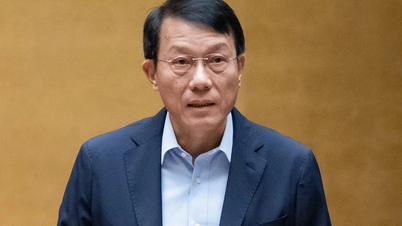













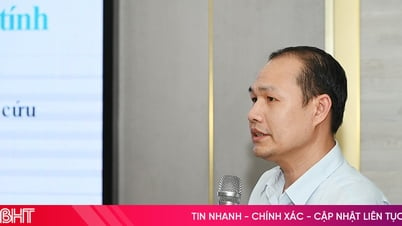


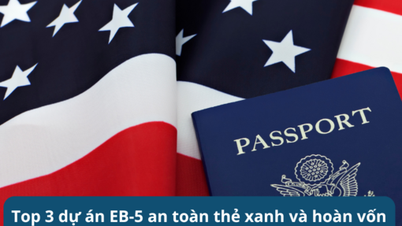














Comment (0)